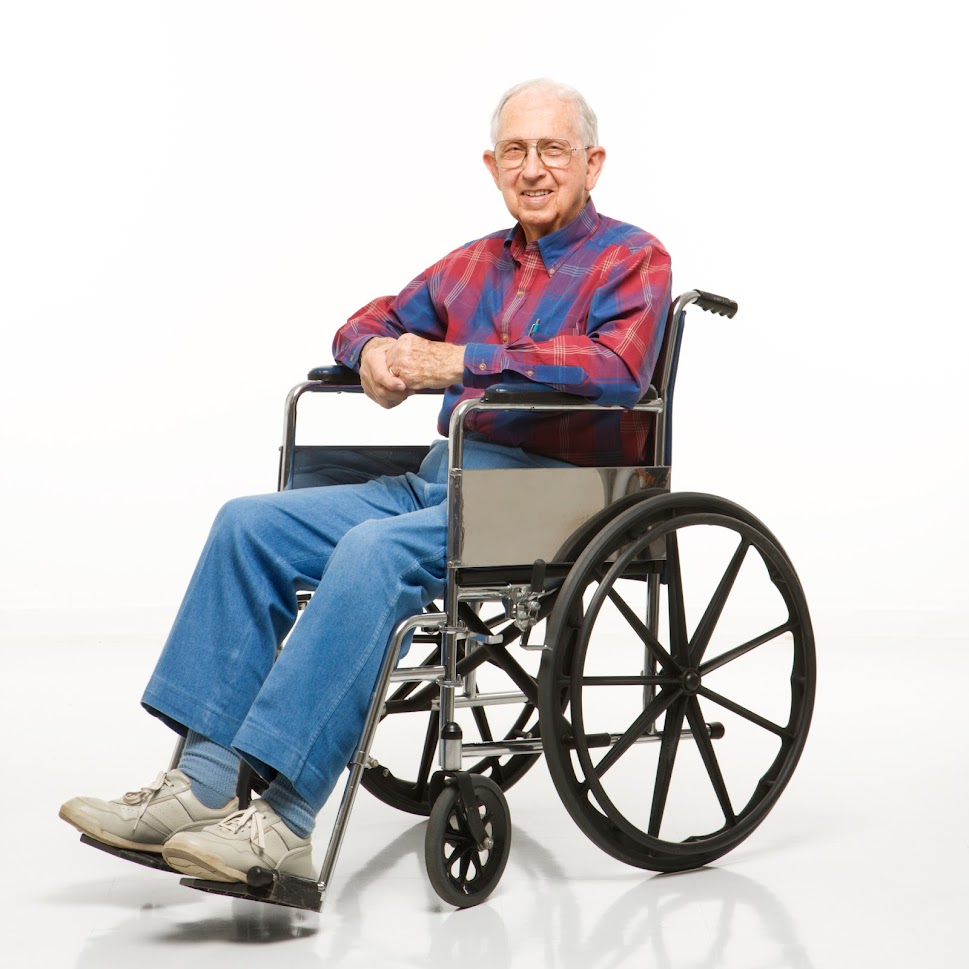Blog
Different Types of Wheelchairs

If you want an assistive device to promote mobility, increase independence, and improve the quality of life for yourself or a loved one, a wheelchair is an ideal option. A wheelchair is invaluable for individuals who suffer from mobility impairment due to amputation, paralysis, cerebral palsy, multiple sclerosis, or old age.
Today, wheelchairs come in different types to meet every preference, taste, and need. These devices widely differ in control mechanism, propulsion method, and technology. Also, while some are perfect for daily use, others are specifically for certain activities and access needs. Thus, no single wheelchair is perfect for every situation, so you’ll need to pick the perfect one to suit your physical needs and intended use.
In choosing a wheelchair, some key considerations to make include wheels, comfort, back support, weight, and type. But are you aware of the different types of wheelchairs out there? To help you make an informed decision, discover the common wheelchair types to consider.
Self-Propelled Wheelchair
Also known as manual wheelchairs, self-propelled wheelchairs are user-powered. The user utilizes the handle around the wheels to propel the wheelchair backward and forward. Due to this propulsion method, a self-propelled wheelchair is ideal for individuals with body strength. Also, manual wheelchairs have handles behind the backrest, allowing someone else to push the wheelchair.
These wheelchairs are light, cost-effective, and easy to use and maintain. Also, they come in a wide variety of configurations and weights. In addition, manual wheelchairs are easy to transport and store due to their foldable nature.
Since they require both arms to propel, these wheelchairs also provide some level of exercise good for the user’s health. But if improperly used, self-propelled wheelchairs can cause arm injuries due to the repetitive movements.
Powered Wheelchairs
Powered wheelchairs are also called electric or battery-operated wheelchairs. These wheelchairs feature a battery and electric motor that produce the power necessary to steer the wheels. In addition, electric wheelchairs have a joystick on the armrest that is the control mechanism for the chair. Powered chairs may include other controls such as head switches or chin-operated joysticks for individuals who can’t use the joystick.
Electric wheelchairs come in three types: front-wheel drive, mid-wheel drive, and rear-wheel drive. They are ideal for users who can’t operate manual wheelchairs due to their disability.
Electric wheelchairs offer more freedom, accessibility, and comfort and are safer to move around. Also, with this wheelchair, the user gets more independence to move for longer distances which can be challenging or impossible with manual chairs. However, powered wheelchairs are heavier, bulkier, and more expensive due to extra components.
Pediatric Wheelchairs
Pediatric wheelchairs are mobile aids specifically designed for children. A child may require a wheelchair due to a disability or injuries that impede mobility. Pediatric wheelchairs can be self-propelled, electric, or specialized for a particular age group. For example, specialized pediatric wheelchairs are often designed for use by kids with certain mobility disorders.
The right pediatric wheelchair offers multiple positions for the user. A kid can comfortably sit, stand, or even lie while moving around. If you want a pediatric wheelchair, the chair can be styled and designed to suit the needs and preferences of your young one.
Standing Powered Wheelchairs
Standing powered wheelchairs help minimize the negative effects of sitting for long periods for wheelchair users. They allow the user to safely and automatically move from a sitting to a standing position. Also, they feature an assistive technology to safely support the user in a standing position.
Standing wheelchairs help improve breathing, blood circulation, bladder, and bowel function and decrease muscle contractures.
Purchasing the right wheelchair can greatly improve the user’s quality of life. If you want an assistive device to improve mobility, Corner Home Medical can help. Contact us today for all your home medical equipment needs.
